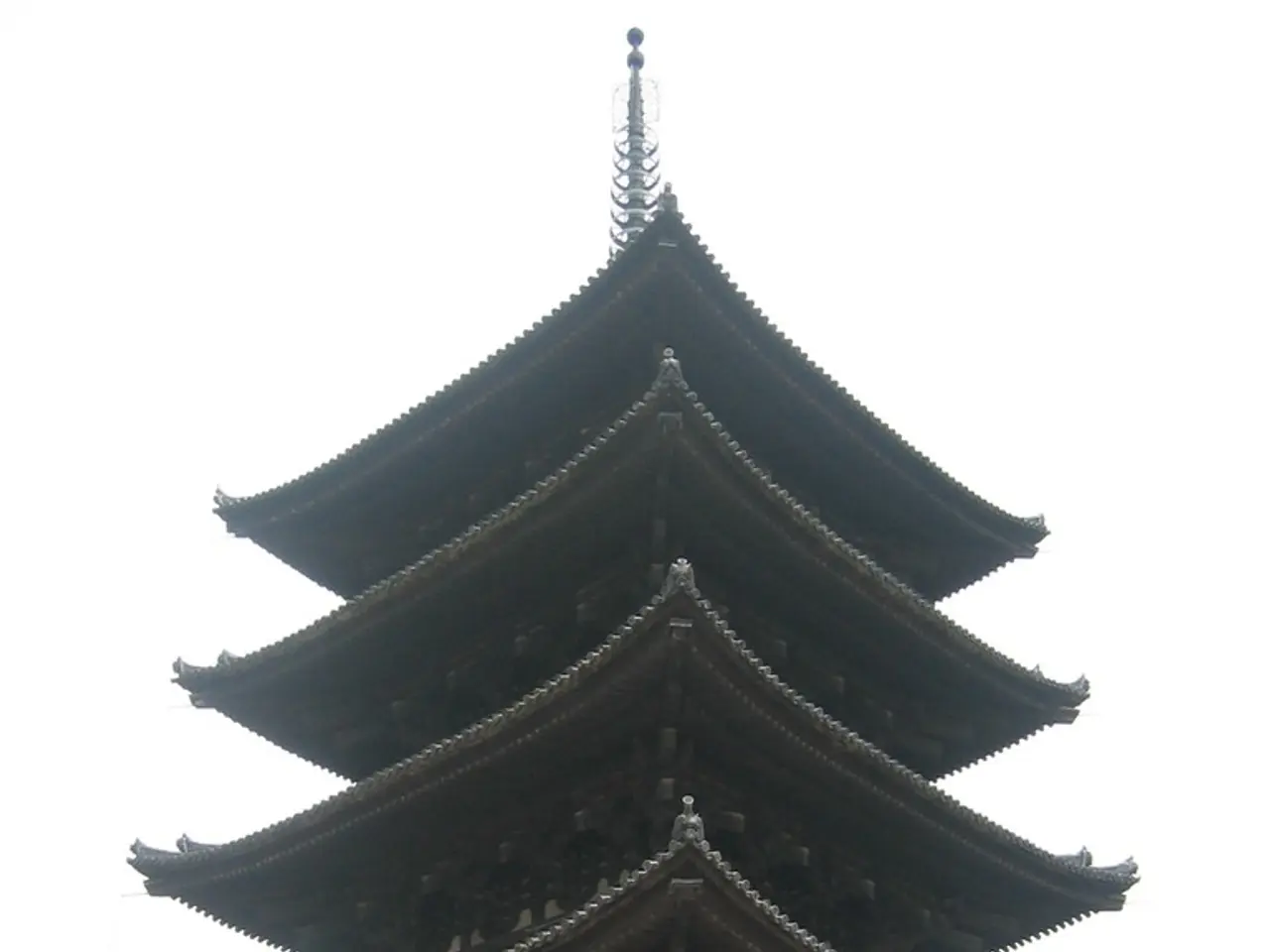China Imposes Strict Emission Limits on Heavy Industries, Starting from 2027
In a significant move towards addressing climate change, China, the world's largest greenhouse gas emitter, has announced a policy shift to implement absolute emission caps on heavy industries like steel, cement, and aluminum by 2027. This decision is part of China's commitment to achieving its 2060 carbon neutrality goal and its 2030 peak emissions guarantee.
The strategy is consistent with international carbon markets, such as the EU Emissions Trading System, where absolute caps are the standard. This move is expected to increase China's credibility in international climate standards and potentially put pressure on other economies to reduce their emissions.
Steel, cement, and aluminum sectors, which collectively account for around 60% of national industrial emissions in China, have been prioritized due to their substantial carbon footprints, relatively steady demand, and coverage under China's Emissions Trading System (ETS). Other sectors anticipated to follow decarbonization efforts include petrochemicals, chemicals, papermaking, and domestic aviation.
The phased rollout of the new policy will allow regulators and industry enough time to establish monitoring, reporting, and verification systems. Industries that exceed their allotment under the absolute caps will have to purchase additional credits, potentially leading to higher production costs.
China's ETS continues to distribute a significant number of free credits, which reduces the motivation to reduce emissions. However, the implementation of absolute caps aims to address this issue, as they guarantee reductions even in the event of an increase in output, unlike carbon intensity.
The use of absolute caps also encourages new ideas, increased productivity, and the use of greener technologies. This shift complements the swift growth of renewable energy sources in China.
However, the strategy highlights the tension between China's climate objectives and its energy security needs, which prioritize coal as a source of energy. China's carbon pricing remains too low to encourage the widespread adoption of abatement technologies.
China's new policy decision to implement absolute emission caps on heavy industries is a step forward in its commitment to tackling climate change. The move could serve as a template for other Asian economies, connecting them to international carbon markets.
Read also:
- Understanding Hemorrhagic Gastroenteritis: Key Facts
- Stopping Osteoporosis Treatment: Timeline Considerations
- Tobacco industry's suggested changes on a legislative modification are disregarded by health journalists
- Expanded Community Health Involvement by CK Birla Hospitals, Jaipur, Maintained Through Consistent Outreach Programs Across Rajasthan








